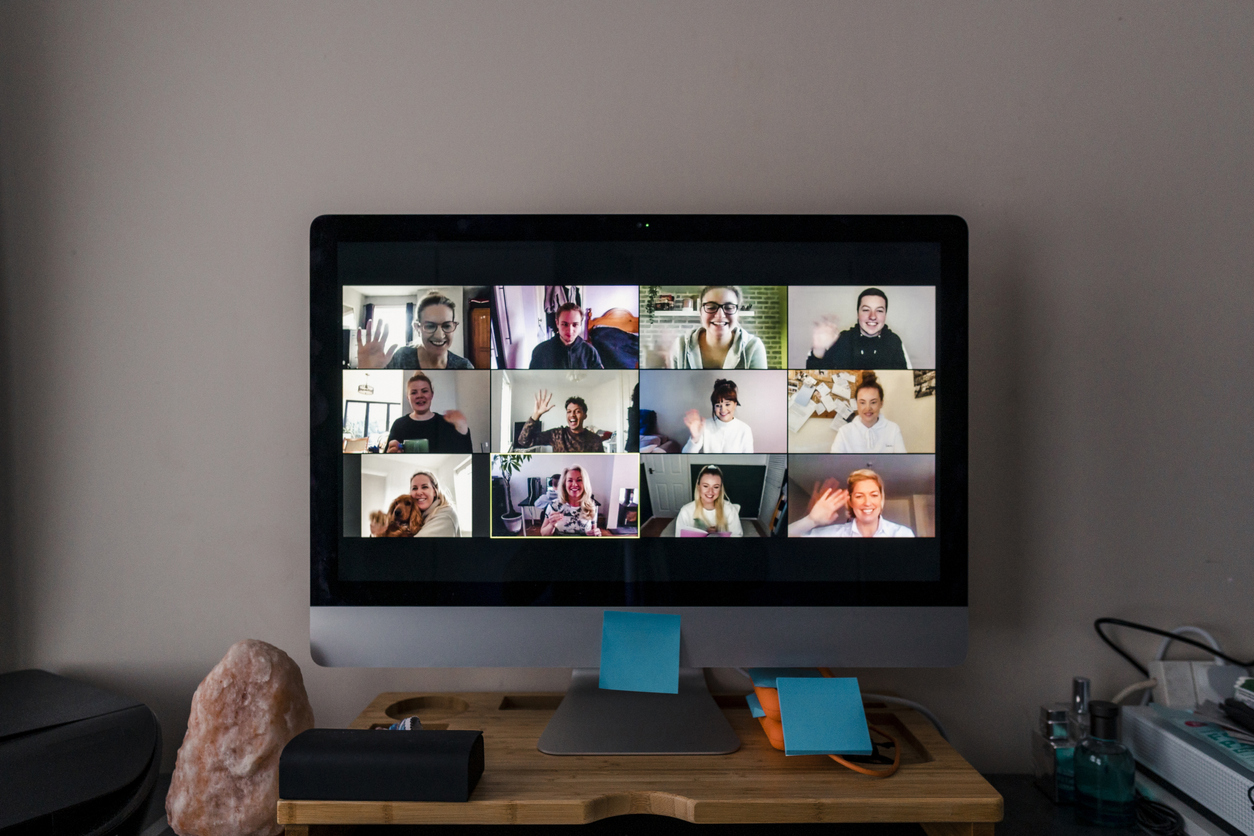
As physical meetings take a pause, many AA members are seeking the support and sobriety offered by virtual meetings. For many, this is an uncharted territory. This post aims to shed light on the positive and challenging aspects of video conferencing for AA, along with tips to help newcomers contribute to a successful meeting.
Embracing the Upside of Virtual Meetings
The good news is video conferencing is a seasoned business. Whether you’re using WebEx, Zoom, Skype, MSTeams, or other software, the experience is likely to be fairly similar and generally pleasant. These platforms are user-friendly, cross-compatible, and allow you to be operational in mere minutes. Fear not about these virtual meetings, as once you’re familiar with the basics, they can be nearly as effective as face-to-face ones!
Navigating the Obvious Downside
The challenge with virtual AA meetings is the potential for disruption from attendees unfamiliar with online meeting etiquette. These “noises” can distract from the meeting’s purpose, but they’re avoidable with an open mind and adherence to best practices.
Additionally, the transition to virtual meetings will inevitably bring a wave of new, inexperienced meeting leaders. Despite their eagerness and good intentions, technical competence is not guaranteed, and a learning curve is to be expected.
Best Practices
As a participant, your behavior significantly impacts the quality of the meeting. Some best practices include being punctual, familiarizing yourself with the software beforehand, understanding key controls like ‘mute’ and ‘start/stop video’, using a computer for video and phone for audio, ensuring a quiet and private space for the call, and treating the meeting with the same respect as an in-person session.
Tips for Meeting Leaders
For those leading a virtual meeting for the first time, preparation is key. Take time to understand your video conferencing software, conduct a trial run with friends, and provide a brief technical orientation at the start of the meeting. Be comfortable with controls like ‘mute participant’ and ‘stop video’, and consider using headphones with a microphone for improved audio quality. Never hesitate to ask for help if needed.
Guiding Principal: Consideration
In these challenging times, the guiding principle should be consideration for others. Each member’s conscientious actions can contribute to a smoother virtual meeting experience. This global pandemic is a complex hurdle, but it will pass. In the meantime, let’s do our best to make virtual AA meetings a success.
Conclusion
This is a new journey for many of us, but with a bit of self-responsibility, understanding, and patience, we can adapt to these changes. We got this, AA!